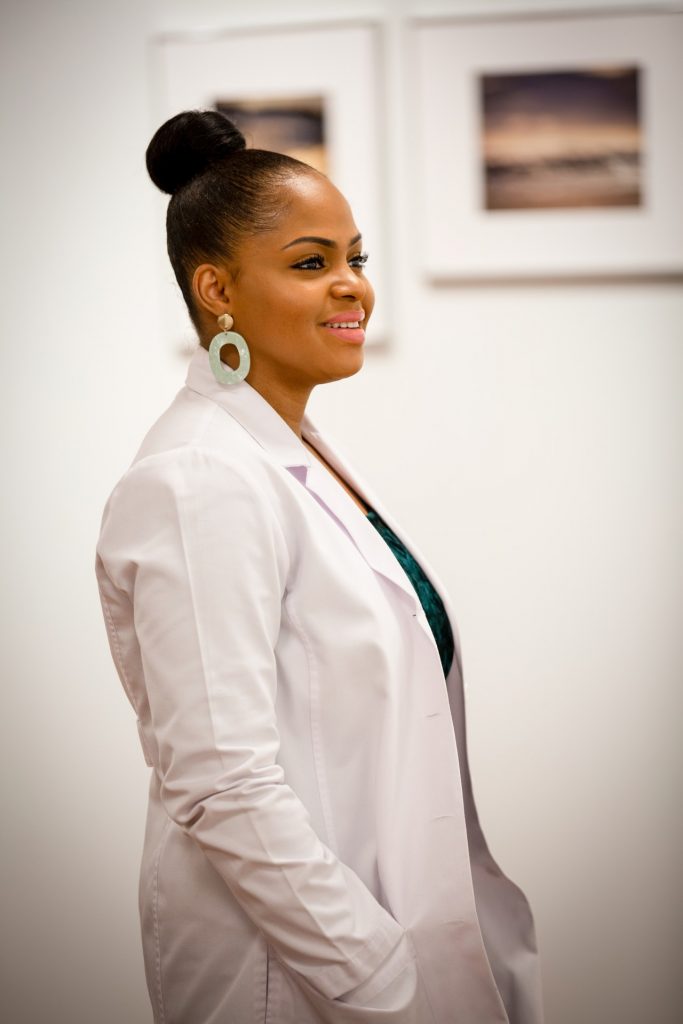What does a dermal therapist do?

The term dermal refers to anything that is to do with the skin. Dermal therapy is any treatment that is aimed at improving the quality of your skin. In professional clinics treatments like dermal fillers are performed by a professional dermal therapist who has many years’ experience and isn’t just your typical beauty therapist.
There are different types of dermal therapy treatments, and not all are appropriate for everyone. There are treatments like microdermabrasion that offer benefits for most people. Then there are those who have tattoos, who may benefit from laser tattoo removal, but someone without tattoos does not need this type of treatment. It will be up to your wants and needs as to what service is best for you.
How do you become a dermal therapist?
Dermal therapists must have extensive training in the physiology and anatomy of the skin and the conditions that affect the skin. Extensive training in cosmetic chemistry is important to allow them to analyse and treat skin problems through advanced techniques. A dermal therapist can go onto study an advanced diploma, a degree qualification or a graduate diploma in addition to their nursing or beauty backgrounds.

Dermal therapists often work in a medical setting like a cosmetic clinic, skin rejuvenation clinic and medispas. They can also work alongside doctors who deal with cosmetic surgeries and non-surgical treatments such as fotona laser. Training in this field includes skin peels, cosmetic tattooing, photo rejuvenation, laser, IPL and micro-needling.
Is there a difference between a beauty therapist and a dermal therapist?
Yes, there is! Beauty therapy studies do not include qualifications for dermal therapy treatments. Traditional beauty therapy training does not offer practical or theory competencies that allows you to effectively and safely carry out any dermal therapy treatments. These procedures that are carried out by a dermal therapist carry more of a risk when compared to the beauty therapy treatments.
To qualify to do dermal therapy work, the person must own a nationally accredited dermal therapy qualification.
What are the various types of skin treatments that dermal therapists can do?
- Laser tattoo removal
- IPL hair reduction
- Laser treatment
- Microdermabrasion
- Chemical peels
- LED light therapy
- IPL photorejuvenation
- Skin needling
Dermal therapy is the umbrella term for skin treatments with most of them being non-invasive, quick, effective and enjoyable. A dermal therapist will want to see you for a consultation first to determine the best course of treatment for your skin problem.
If you are planning on using your insurance to cover some of the cost, then ensure you check as some providers will only allow you to use their choice of dermal therapist. Dermal therapy can go wrong if someone is carrying out the treatment who is not qualified. The dermal therapist title is unregulated and some people are using this title to their commercial advantage. Make sure you check their qualifications and hygiene standards at the clinic before you go ahead with a treatment.
If you are thinking about studying to be a dermal therapist it’s important that you be aware it takes several years to achieve your qualification. The hard work will pay off when you see the happiness you bring to people after helping them find confidence with their skin problems. The best thing is you will never be out of work as there will always be people on a journey to enhance their own appearance. You will often find people trying to fix irritating skin problems and many get tattoos that they later regret and will need removal. So as you can see there will always be skin problems that need the attention of a dermal therapist.







